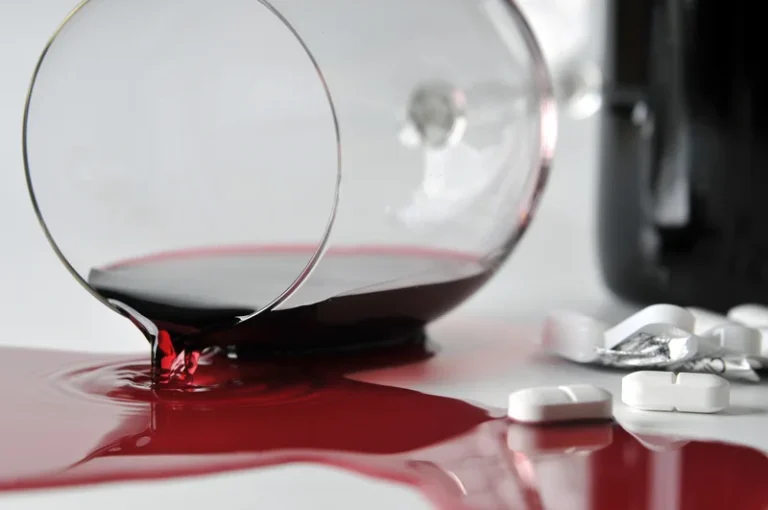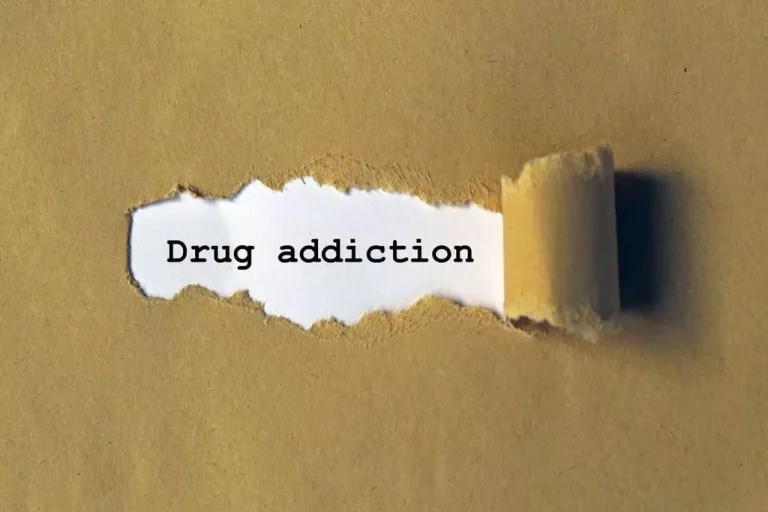
Remember, it’s not just alcohol which can causes symptoms that lead to panic attacks. Excessive intake of other drugs and food, including caffeine and sugar, may also be triggers. If you suffer from panic attacks, cut right down on your alcohol consumption, if you drink. Cognitive behavioral therapy and/or medication may help to effectively treat your anxiety, while drinking may make it worse.
The Risks of Using Alcohol to Relieve Anxiety
Nor did a review of several recent studies by Fyer and colleagues1 and Noyes and colleagues1 reveal high rates of alcoholism in relatives of people with social phobia or other anxiety disorders (Schuckit and Hesselbrock 1994). Once comorbidity between anxiety disorders and AUDs has been established, the two disorders may influence and maintain each other in ways that are independent of the developmental pathway. In other words, the processes involved in the initiation and the maintenance of comorbidity may differ in meaningful ways. One hypothesis emerging from the comorbidity literature is that anxiety and AUDs become intertwined in a reciprocal, perpetuating cycle. This positive feedback loop often is characterized as a feed-forward or mutual-maintenance pattern.
- The more you drink, the more likely you are to induce chemical changes that can trigger panic attacks and other health problems.
- These include serious conditions like heart attack (myocardial infarction) and treatable psychological conditions like panic disorder.
- But after the alcohol wears off, you can start to feel your anxiety come back even stronger.
- The relationship between alcohol-use disorders and psychiatric symptoms is both clinically important and very complex (Brady and Lydiard 1993).
- But if drinking never ends, and the alcohol use becomes chronic, you might begin to see how anxiety and alcohol misuse can feed into each other.
Better ways to treat and manage panic attacks
Any information published on this website or by this brand is not intended as a substitute for medical advice, and you should not take any action before consulting with a healthcare professional. Discuss these concerns with your doctor first to see if does alcohol cause anxiety attacks alcohol is safe for you. If you or someone you love is experiencing alcohol related anxiety, there are ways to cope. By Patty Weasler, RN, BSNWeasler is a Wisconsin-based registered nurse with over a decade of experience in pediatric critical care.
Physical Effects
The NHS website, Every Mind Matters, has advice on how to access support and treatment for anxiety in England. This includes options for NHS support, links to charities, helplines and communities, and tips on self-care. Track how much you’re drinking to help spot patterns so you can avoid triggers – the MyDrinkaware app can help. It slows down processes in your brain and central nervous system, and can initially make you feel less inhibited.10,11 In the short-term, you might feel more relaxed – but these effects wear off quickly. This page explains more about anxiety, why alcohol can trigger it or make it worse, and steps you can take to feel better.
Food and Drug Adminstration (FDA) for the management of generalized anxiety disorder. Similar to other serotonergic-based medications, buspirone has a desirable safety profile but https://ecosoberhouse.com/ a relatively delayed onset of anxiolytic effects. Previous trials have evaluated buspirone among patients with comorbid generalized anxiety disorder (or anxiety symptoms) and AUDs.


- People who rely on alcohol to fight their anxiety problems may become more reliant on it.
- A doctor may also suggest additional treatment options, such as counseling or joining a support group.
- But remember, if you’re already prone to anxiety or have been diagnosed with an anxiety disorder, consuming even a small amount of alcohol can trigger your symptoms, including panic attacks.
- Psychotherapy and medications are the primary treatments for mental health conditions.
What Does a Sense of Impending Doom Feel Like?
- Our expert clinicians incorporate evidence-based therapies into individual counseling, family therapy, and group sessions.
- At present, SSRIs (e.g., fluoxetine, paroxetine, and sertraline) and SNRIs (e.g., venlafaxine and duloxetine) generally are used as first-line treatment in this area because they consistently demonstrate anxiolytic efficacy, including in patients with comorbid AUDs.
- Anxiety disorders are a potential comorbidity of alcohol use disorder (AUD).
Can alcohol trigger panic attacks?

Betty Wainstock
Sócia-diretora da Ideia Consumer Insights. Pós-doutorado em Comunicação e Cultura pela UFRJ, PHD em Psicologia pela PUC. Temas: Tecnologias, Comunicação e Subjetividade. Graduada em Psicologia pela UFRJ. Especializada em Planejamento de Estudos de Mercado e Geração de Insights de Comunicação.

